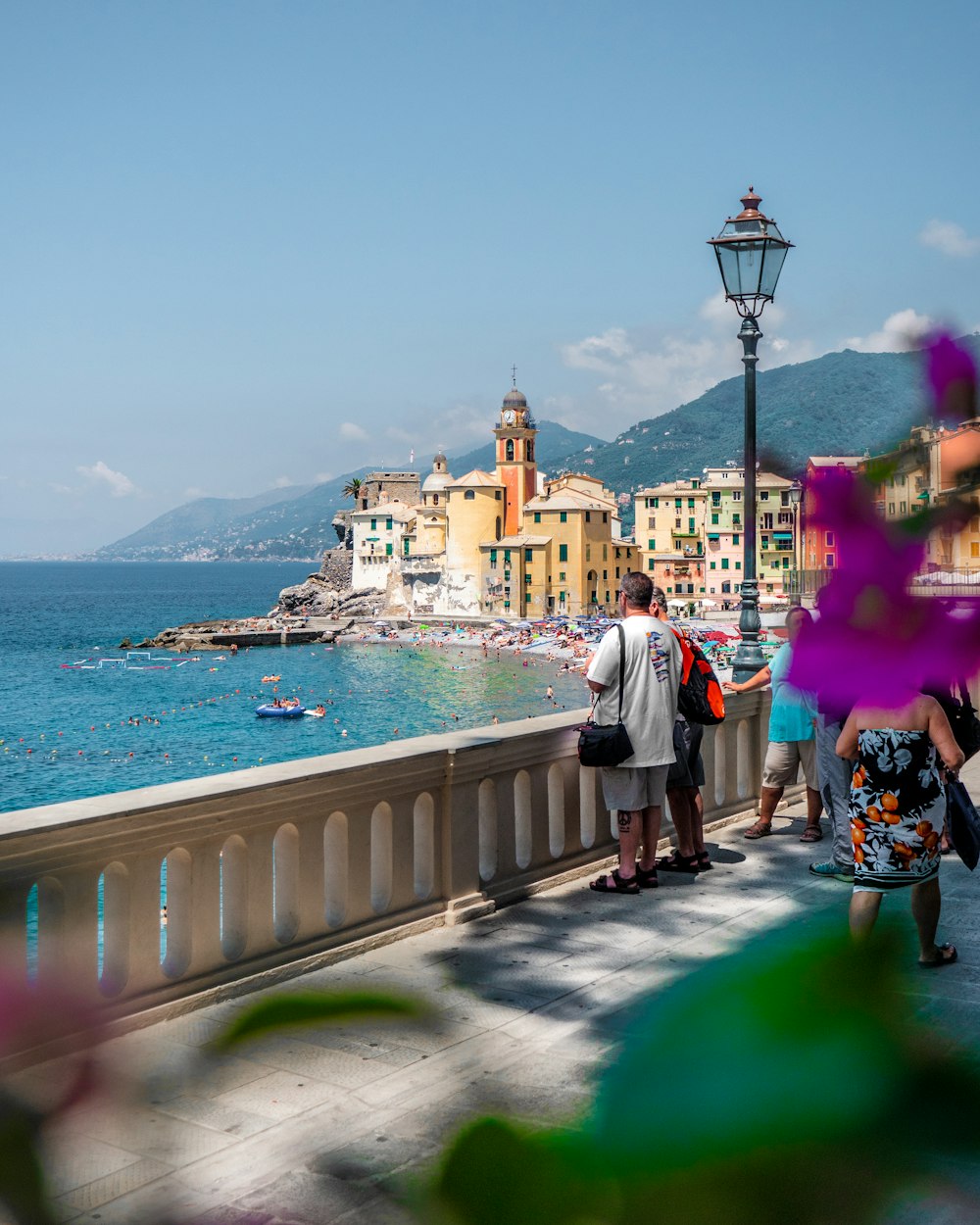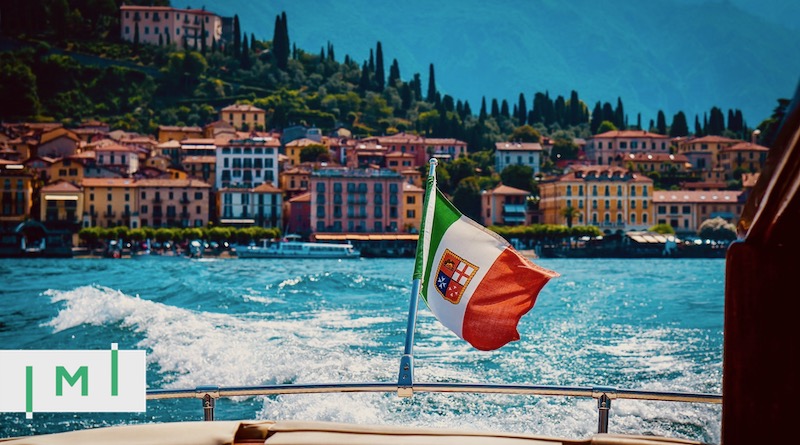Why Don’t More Investment Migration Companies Promote Italy’s “Dolce Visa”?

Dario Montagnese
Lisbon
Italy’s Investor Visa, affectionately referred to by IMI as the “Dolce Visa”, is Europe’s most underrated golden visa program because of the widespread misconceptions I’ll tackle in this article.
First, a summary of the program’s terms: The Dolce Visa offers the following routes to qualification:
- Invest EUR 250,000 in (certifiably) innovative startups
- Invest EUR 500,000 in any Italian company
- Contribute EUR 1 million to projects deemed of public interest
- Place EUR 2 million in Italian government bonds
In 2020, Italy made many impactful changes to its Investor Visa program, the “Dolce Visa”, which made the program highly competitive compared to its counterparts in Spain, Greece, and Portugal. Not only did it halve the minimum investment requirement for most categories; it also entirely removed the physical presence requirement.
Furthermore, Italy’s investor visa program now offers a 30-day fast-track processing timeline. Good luck achieving that in Greece or Portugal! Since application volume remains low (we don’t anticipate this to last long), there’s no risk of the application getting held up in any processing backlog.
Another tremendous competitive advantage of the program is that unlike in Greece, Portugal, or Spain, applicants in Italy receive a response to their applications before they are asked to make the investment. In other words, investors acquire the qualifying asset knowing they have been approved, thereby entirely removing any potential risk of making an ineffective investment.
The September 2020 policy changes was a turning point for the Dolce Visa. The effects were immediate: Application volume quadrupled from 2020 to 2021. In absolute terms, however, those numbers were still low. I believe that’s because of the practical absence of program promotion on the part of large RCBI companies.
These clear advantages notwithstanding, the program appears not to have shown up on the radar of most major RCBI advisory firms, who continue to favor the promotion of other EU golden visa programs.
How come?
One reason the program has lagged behind its EU peers is that the only "risk-free" investment class has a high minimum investment requirement; EUR 1 million in bonds. Moreover, at the lower investment requirement ranges, there's no real estate investment option. Golden visa investors have historically preferred to invest in tangible assets like residential property (and to do so in their own name, rather than through a company).
But investor migrants and their advisors have entirely overlooked one crucial facet of the Dolce Visa: You most certainly can qualify through a real estate investment, also in Italy.
The difference is just that, unlike in Greece or Portugal, the Dolce Visa applicants who wish to qualify through real estate investment must do so through a company. While it's true that the program has no direct real estate investment option, the government is perfectly happy to accept applications based on a EUR 500,000 investment in a company that, in turn, invests in real estate.
The three main competitive advantages of the program - no minimum stay requirements,30-day fast-track processing, and pre-investment approvals - appear not to have caught the attention of major RCBI firms and, by extension, their clients.
That is going to change - soon.

Many RCBI promoters, particularly those who have spent time on road shows in Asia, have had the repeated experience of not only having to market the EU golden visa programs themselves but also to educate their audiences about the country. Promoting the golden visa programs of Malta or Latvia, for example, is really a two-part task: Not only must you familiarize listeners with the program and its terms, but you must also - in many cases - point the country out to them on the map.
That is not the case with Italy. From Hyderabad to Hangzhou, everyone knows about Rome, Venice, Milan, and Florence. Not only are they already acquainted with these cities; they also have favorable, often romanticized perceptions of them. Italy is a globally renowned lifestyle, culture, and economic destination and is invariably at or near the top of European holiday destinations.
In other words, the country sells itself. All you need to do is make HNWIs from around the world know that Italy has a golden visa program. And a good one at that.
Dario Montagnese is Director of Magwind Global, a one-stop shop for global citizens.



